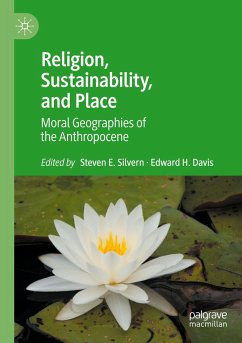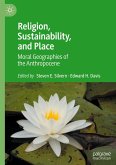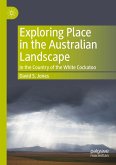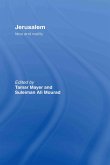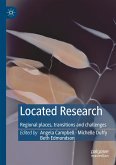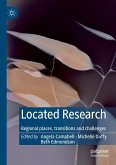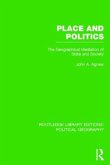This book explores how religious groups work to create sustainable relationships between people, places and environments. This interdisciplinary volume deepens our understanding of this relationship, revealing that the geographical imagination-our sense of place-is a key aspect of the sustainability ideas and practices of religious groups. The book begins with a broad examination of how place shapes faith-based ideas about sustainability, with examples drawn from indigenous Hawaiians and the sacred texts of Judaism and Islam. Empirical case studies from North America, Europe, Central Asia and Africa follow, illustrating how a local, bounded, and sacred sense of place informs religious-based efforts to protect people and natural resources from threatening economic and political forces. Other contributors demonstrate that a cosmopolitan geographical imagination, viewing place as extending from the local to the global, shapes the struggles of Christian, Jewish and interfaith groupsto promote just and sustainable food systems and battle the climate crisis.
"The book is a potentially fabulous teaching resource, especially for courses where religion is a relevant secondary variable. ... The thread of chapters that take up food and sustainability ... would make for an engaging module on religion, food, and sustainability. Scholars researching or teaching on the religious aspects of sustainability movements will find much on offer in this volume." (Evan Berry, Journal for the Study of Religion, Nature and Culture, March 2, 2023)

